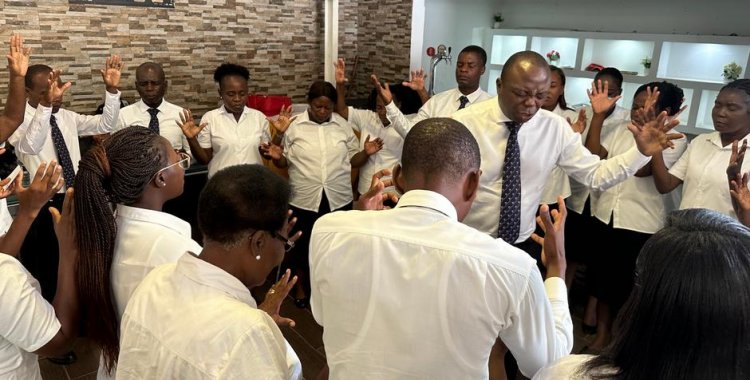In the presentation of the proposed law to amend Law No. 12/19, of May 14, on freedom of religion and worship, the Minister of Culture, Filipe Zau, said that the review aims to adjust the diploma in force "to the dynamic reality" of the Angolan social fabric, "ensuring greater equity, transparency and effectiveness in the relationship between the State and religious confessions".
According to the minister, the public consultation aims to "listen to the voices of society, churches and other religious denominations, academics, lawyers and citizens in general, ensuring that the new proposed law reflects a broad and responsible consensus".
In the document placed for public consultation, the Government says that since the enactment of the law in force, Angolan society and the religious environment have evolved significantly, making it necessary to review it on a timely basis.
Within the framework of this proposal, the need is highlighted to adjust "specific articles that prove to be insufficient or problematic in light of new realities and challenges, as well as to adapt the articles to reflect current practices and improve the application of standards relating to religious freedom and the functioning of religious denominations".
"Implementing the requirement for higher education in theology for the accreditation of national and foreign ministers of worship" is one of the main changes.
In January of this year, the Minister of Culture expressed concern about the proliferation of religious sects throughout the country, also stressing that the requirement for higher education aims to confront the wave of false prophets.
One of the reasons given for changing the current legal regime is to carry out a comprehensive re-registration of religious denominations, to update and verify information about their activities, leaders and legal status, as well as to establish specialized local services to support religious communities, facilitating the registration process and providing ongoing assistance.







